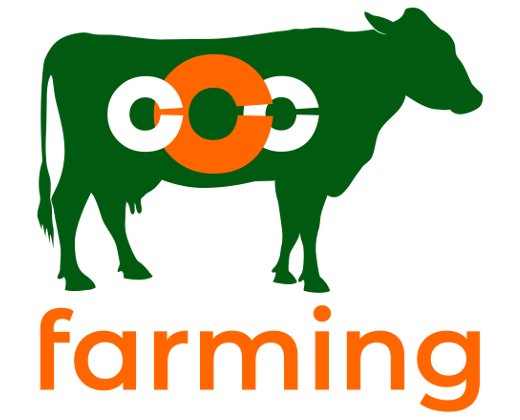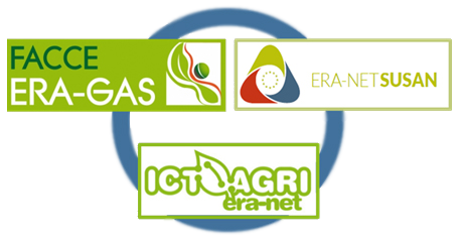Field monitoring and assessment
WP1 (Field monitoring and assessment) – will use a network of field study farms (62) to deliver reduced GHG emissions from these agri-businesses and by doing so, serve as ambassadors for this CCCfarming project. A tailor made approach will be adopted to ensure that mitigation measures are optimised to account for individual farm characteristics.
The current environmental performance of a network of field study farms spread over Europe will be assessed by a) gathering general activity and environmental data about the farm, b) application of NPC cycle tools and consequent LCA analysis of NPC balances and calculated emissions, and c). on farm emission estimates using low cost measurement approaches. The data will be partly used as input for the three NPC tools. The farm data, outcome of the NPC tools (efficiency of NPC use and calculated emissions) and measured emissions in the field will be discussed with local expert groups, including the participating farmers, consulting officers and agro-business stakeholders. This will lead to both a learning experience for the participants and a better interpretation of the results by the project team. Information from this work package and from WPs 2 and 3 will help to update and further develop the existing tools and allow the development and testing of a simple new ICT tool for estimating GHG emissions across a wide range of livestock farms. A second round of farm assessments of NPC-balances in the final stage of the project is expected to show improvement in environmental performance. The aim of this WP is to deliver emissions reductions from the agriculture sector that are consistent with EU targets for 2030. This WP also contributes to a set of practices and techniques that will be further developed in WP2 and socio-economic evaluated in WP3.

